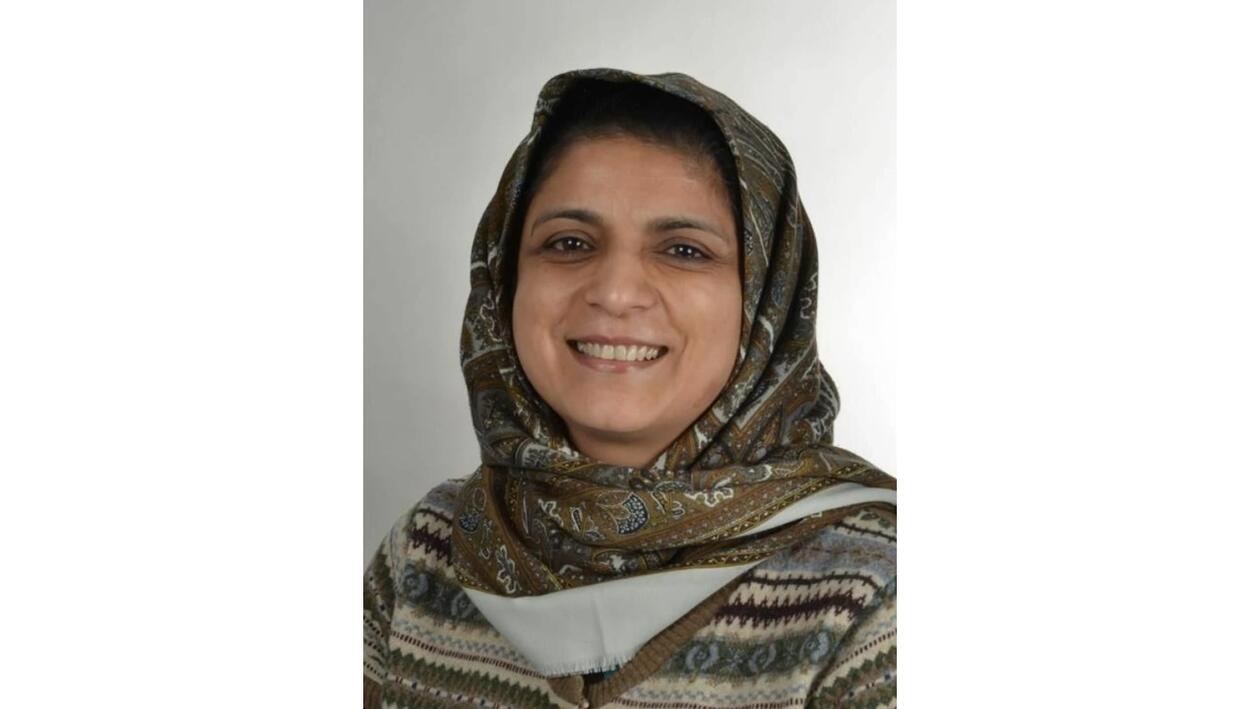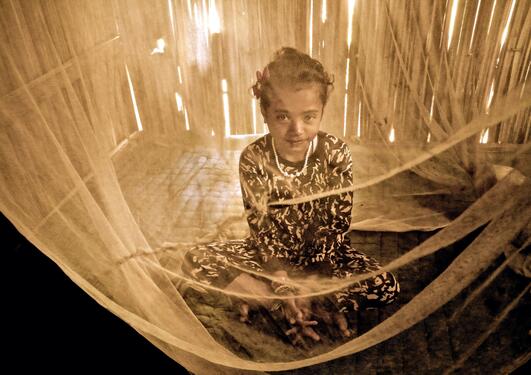Granted 12 million NOK to develop better diagnostic methods for tuberculosis
"This will have a huge impact on the health and quality of life of millions of people living in low-resource settings", says Prof. Mustafa about the new grant she has received from RCN.

Hovedinnhold
“The funding possibilities for diseases affecting people living in low-resource settings are extremely limited”, says Tehmina Mustafa at the Center for International Health, UiB.
That’s why the Research Council of Norway (RCN) have ear-marked funds for the global health and diseases disproportionately affecting the poorer populations diseases in their FRIPRO call. It is it is through this call the project of Prof. Tehmina Mustafa is funded.
"Tuberculosis (TB) remains a persistent global health challenge, especially for low- and low-middle income countries. A significant obstacle in controlling TB is the unavailability of a point-of-care TB diagnostic test", says Mustafa.
Develops new diagnostic devices
Mustafa and her team hope’s to substantially reduce the burden of TB both nationally and globally by offering a rapid, portable, cost-effective, and locally developed TB diagnostic device in Pakistan.
She explains:
"The diagnostic tests will build on the recently demonstrated novel and indigenously developed optical TB diagnostic devices at the Lahore University of Management Sciences, Lahore, Pakistan, utilizing Raman spectroscopy to find TB signatures, and optical fibre cavity ring down spectroscopy to detect Lipoarabinomannan, a major structural surface component of all mycobacteria. In collaboration with Gulab Devi Hospital, one of the sentinel sites for the provincial TB control program, we will collect various biological samples, including sputum, breath condensate, urine, stool, varied fluids, and fine needle aspirates. Culture and GeneXpert will be used as reference standards for diagnostic validation. No prior work has examined such diverse arrays of biological samples for TB diagnosis using these devices".
The new test will make the diagnostic process cheaper. The new test should also be easy to use, without the aid of specialized laboratory personnel:
"It should also be easily portable to remote areas where diagnostic services are scarce", says Mustafa.
Huge impact
According to Mustafa, there are around 10 million TB cases yearly, primarily impacting low and low- to middle income countries.
"Rapid and correct diagnosis, coupled with timely treatment for this curable disease in several thousand people, including children, will result in significant reductions in morbidity and mortality",
This, in turn, will lead to economic gains for individuals, families, and societies, contributing to sustainable improvements in health and poverty reduction, according to the professor:
"The project is very central to the vision and mission of the Centre for International Health and UiB. This grant will facilitate the development of novel diagnostic methods for tuberculosis, which can have a huge impact on the health and quality of life of millions of people living in low-resource settings", she says.

